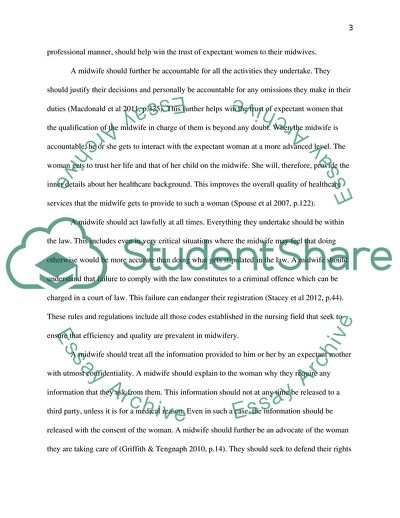Cite this document
(Accountability as a midwife Essay Example | Topics and Well Written Essays - 1000 words, n.d.)
Accountability as a midwife Essay Example | Topics and Well Written Essays - 1000 words. https://studentshare.org/medical-science/1804617-accountability-as-a-midwife
Accountability as a midwife Essay Example | Topics and Well Written Essays - 1000 words. https://studentshare.org/medical-science/1804617-accountability-as-a-midwife
(Accountability As a Midwife Essay Example | Topics and Well Written Essays - 1000 Words)
Accountability As a Midwife Essay Example | Topics and Well Written Essays - 1000 Words. https://studentshare.org/medical-science/1804617-accountability-as-a-midwife.
Accountability As a Midwife Essay Example | Topics and Well Written Essays - 1000 Words. https://studentshare.org/medical-science/1804617-accountability-as-a-midwife.
“Accountability As a Midwife Essay Example | Topics and Well Written Essays - 1000 Words”. https://studentshare.org/medical-science/1804617-accountability-as-a-midwife.


